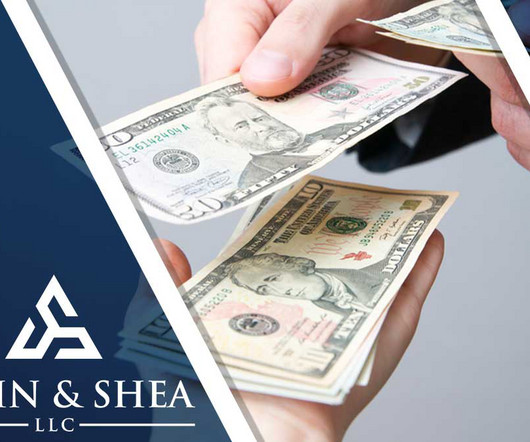What Are Preferential Payments in Bankruptcy?
Sawin & Shea
APRIL 24, 2024
Before someone makes a bankruptcy filing, it is not uncommon for debtors to feel as if they have to make some tough decisions. Which creditors can they pay? Which ones will not get the payment they’re owed? Under ordinary business terms, that’s sensible.


















Let's personalize your content